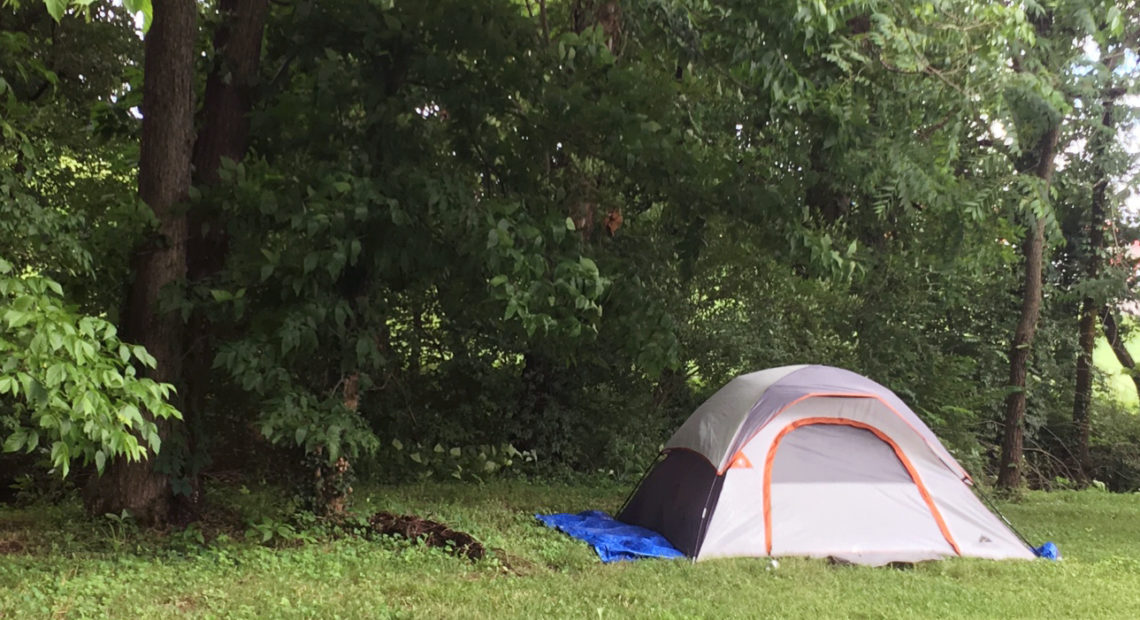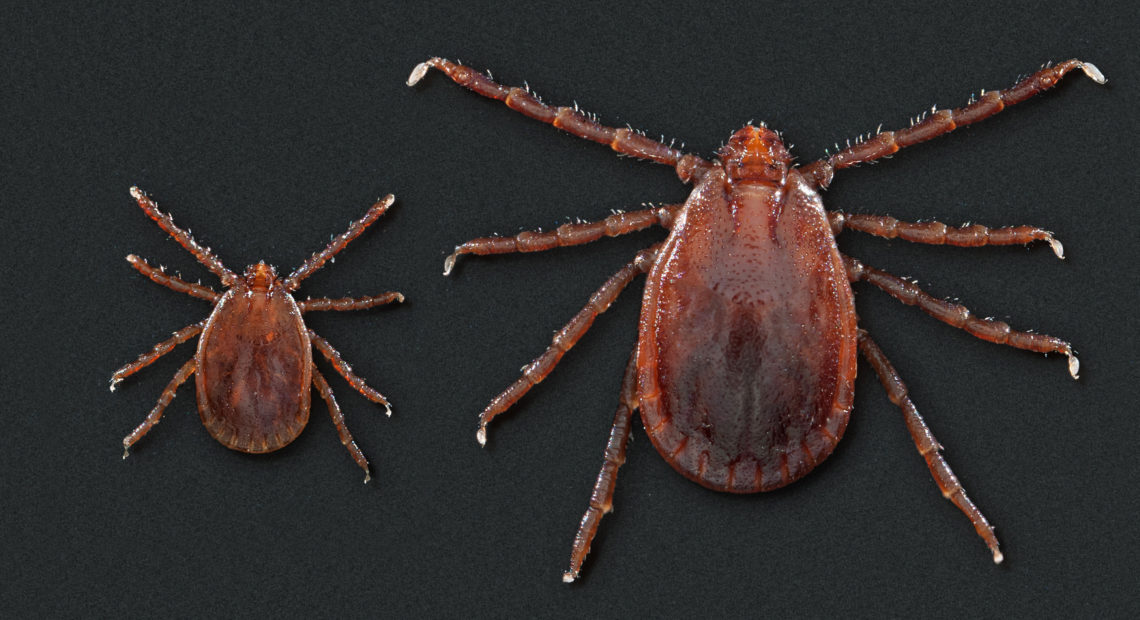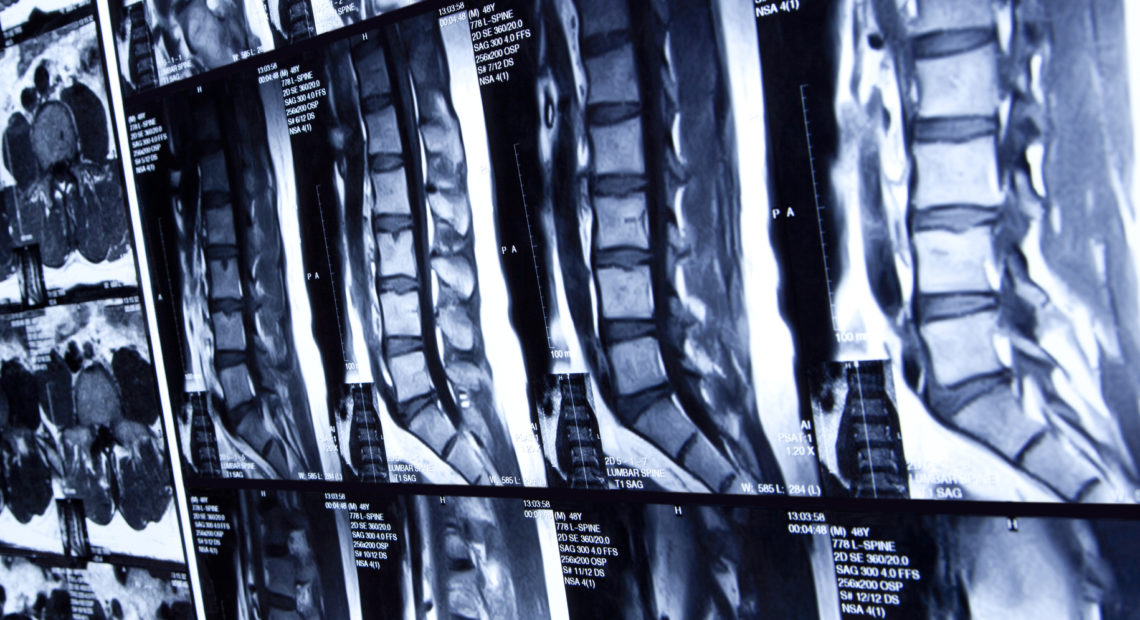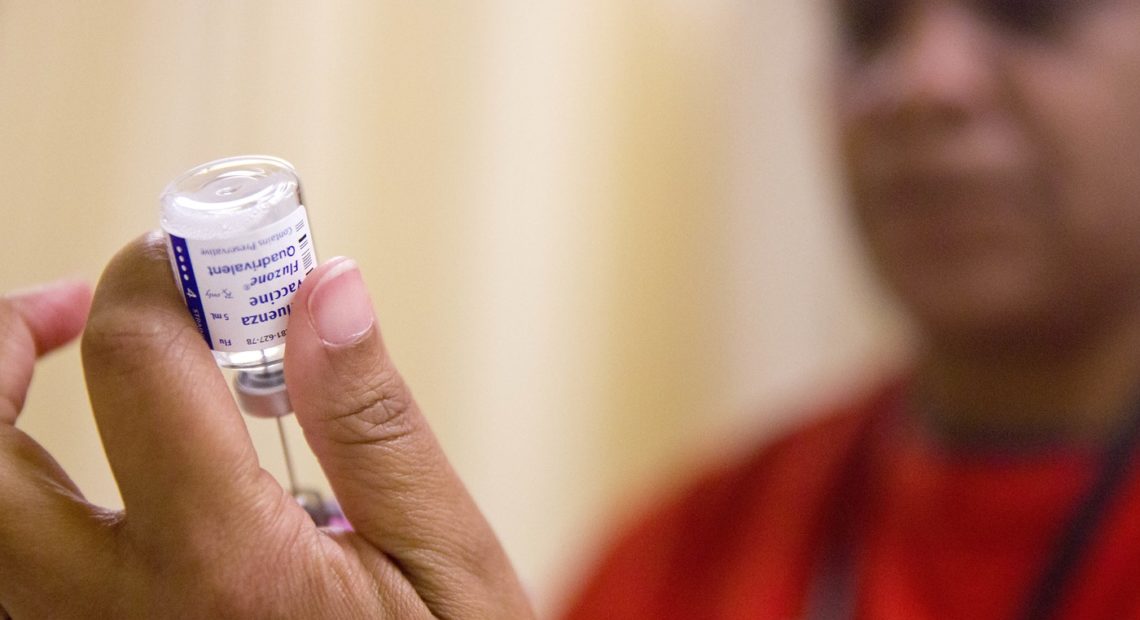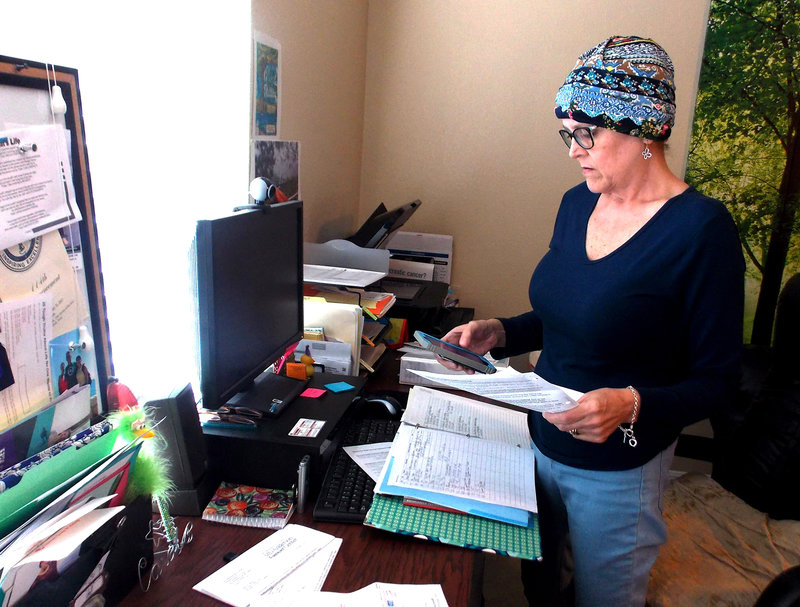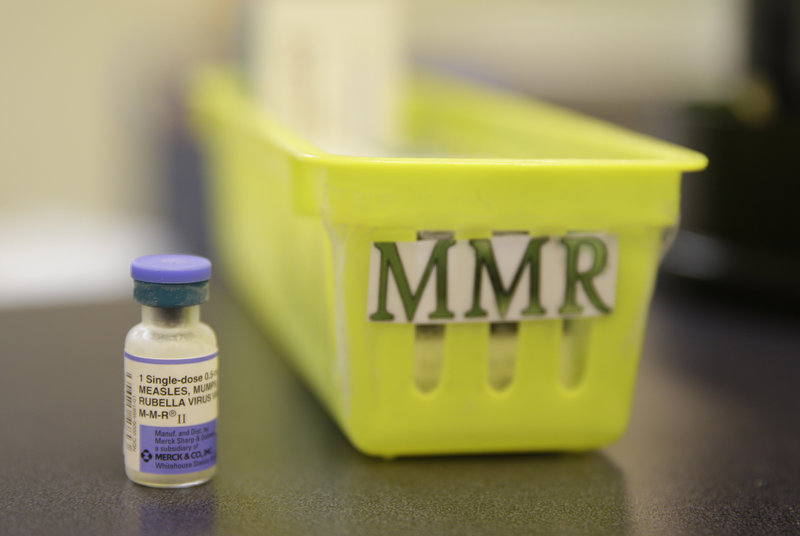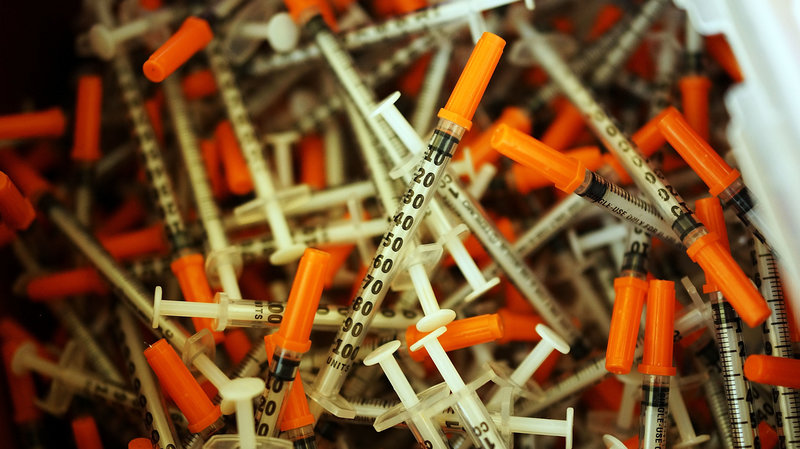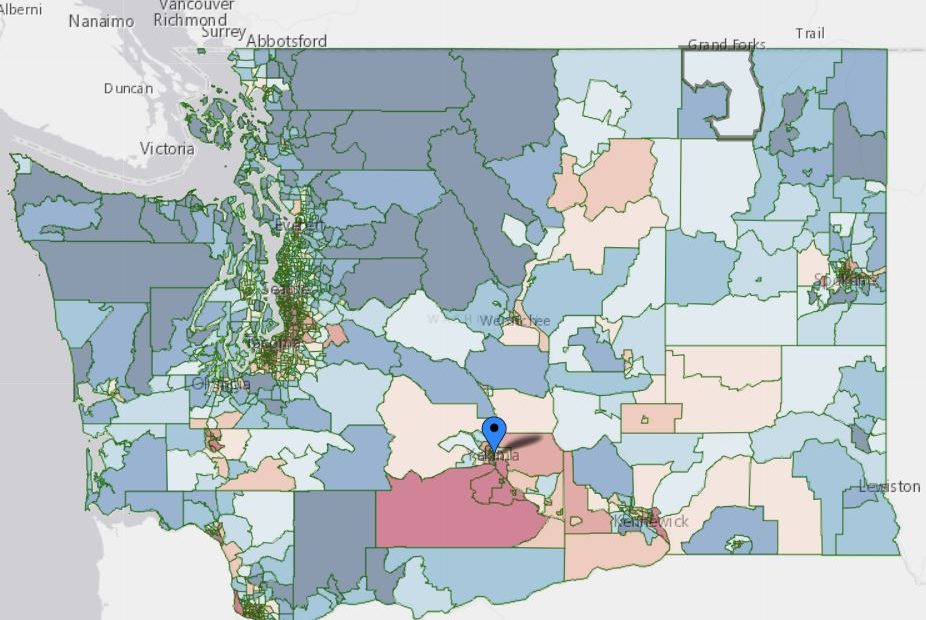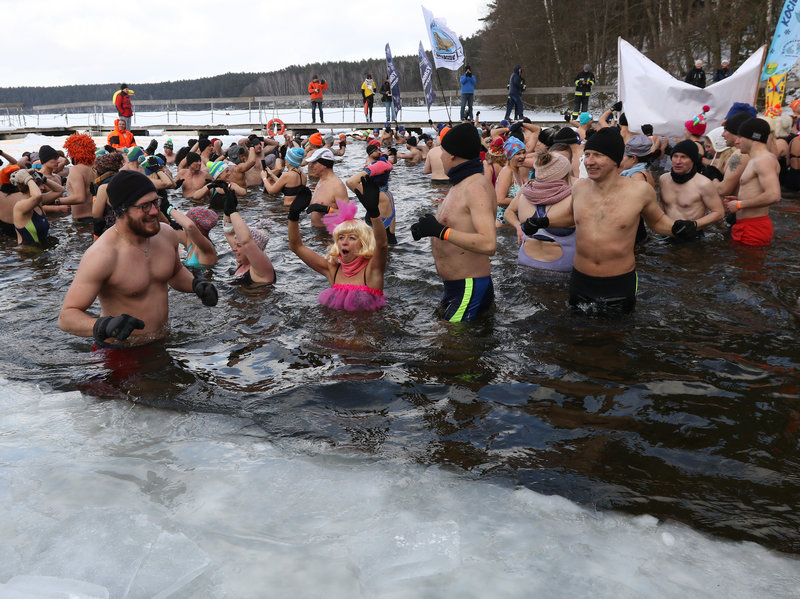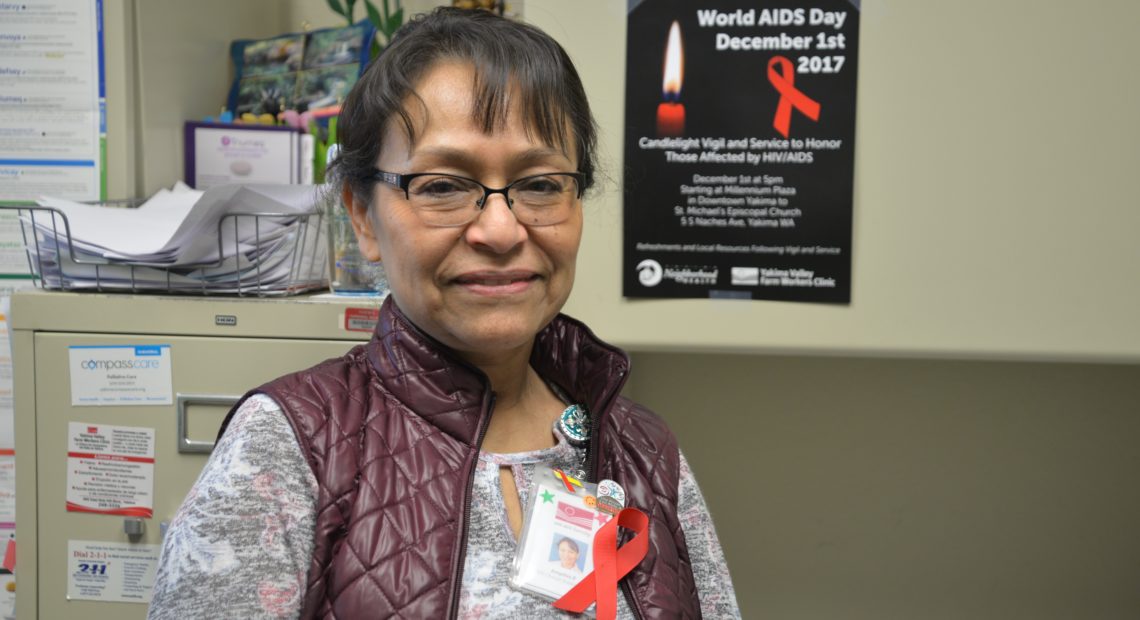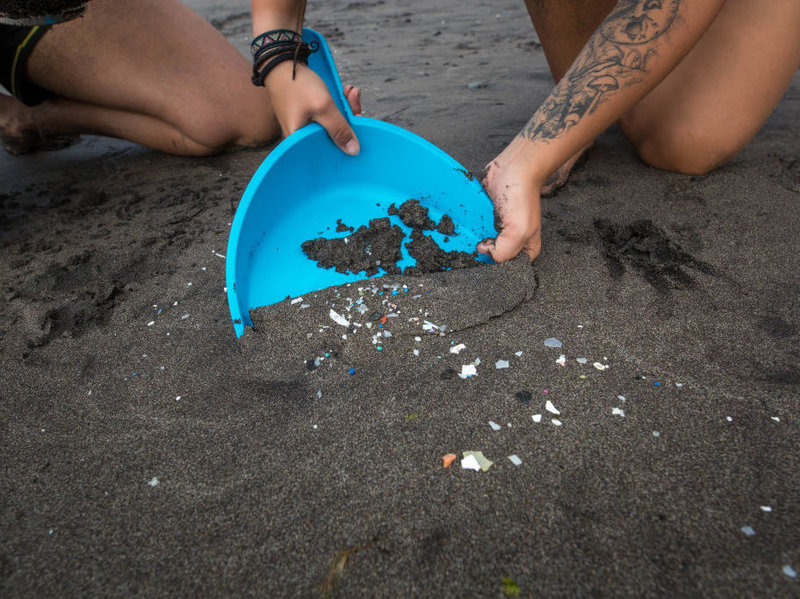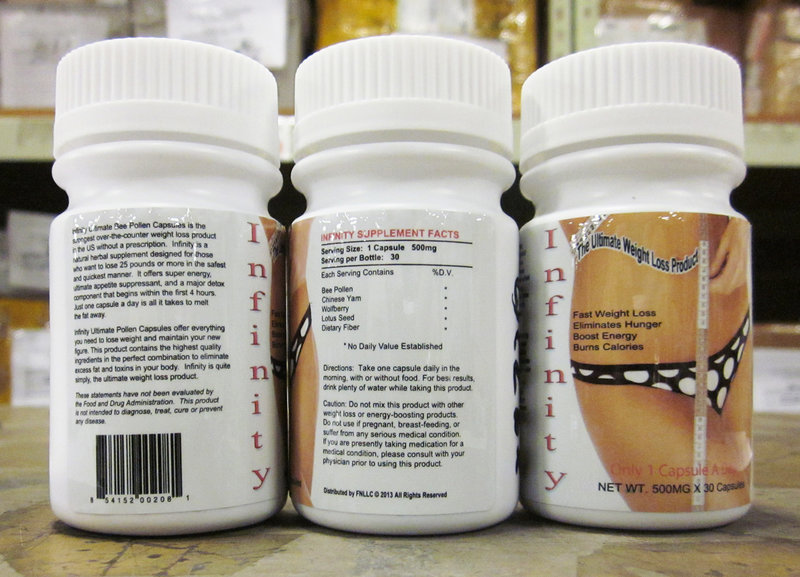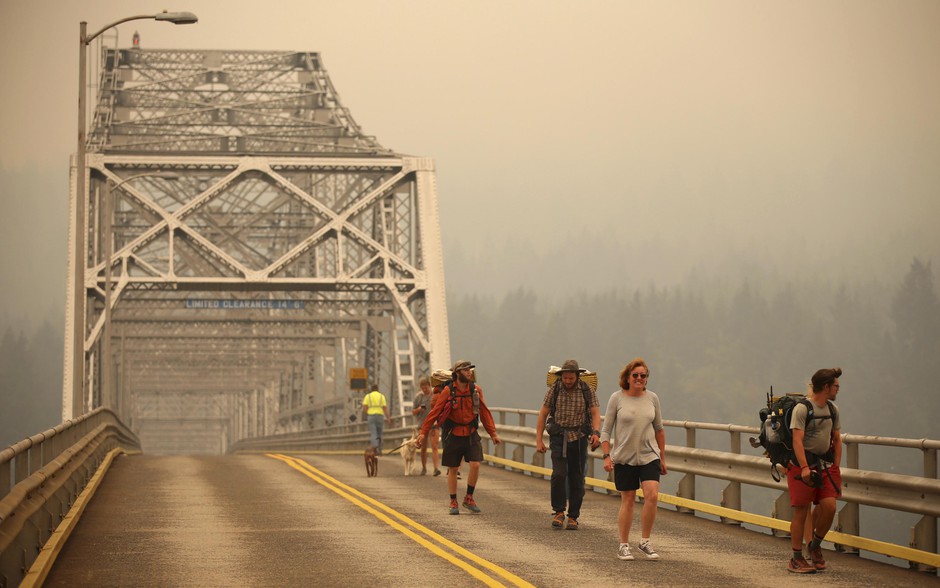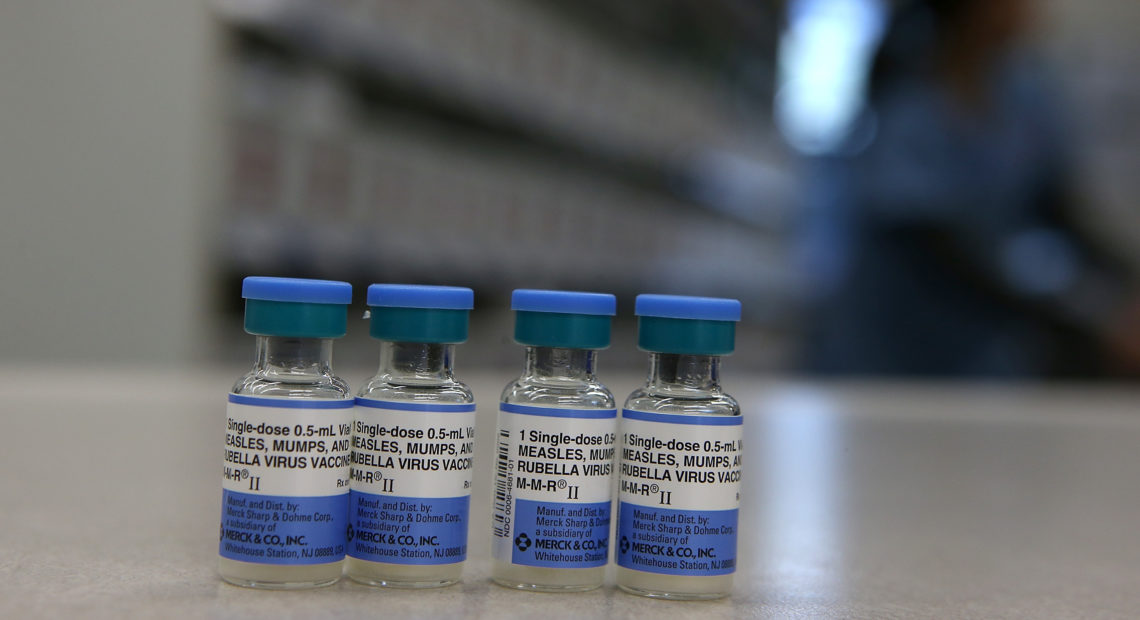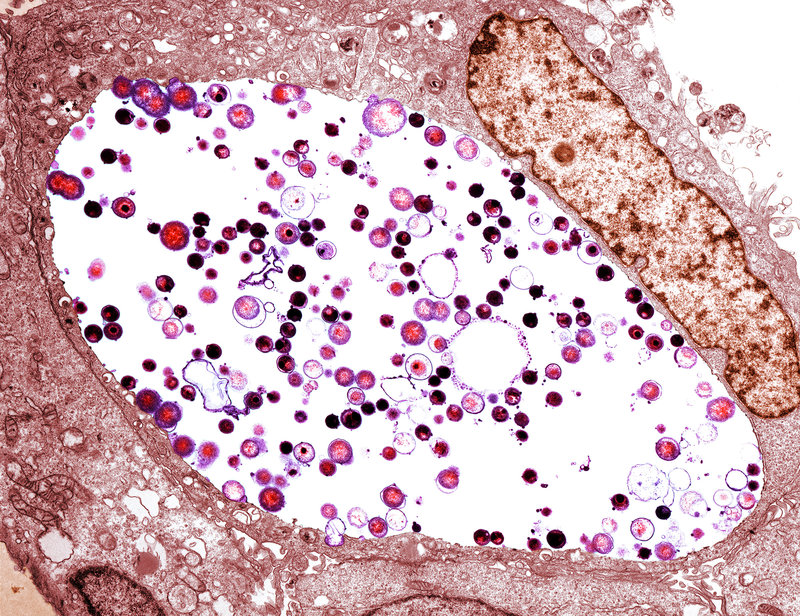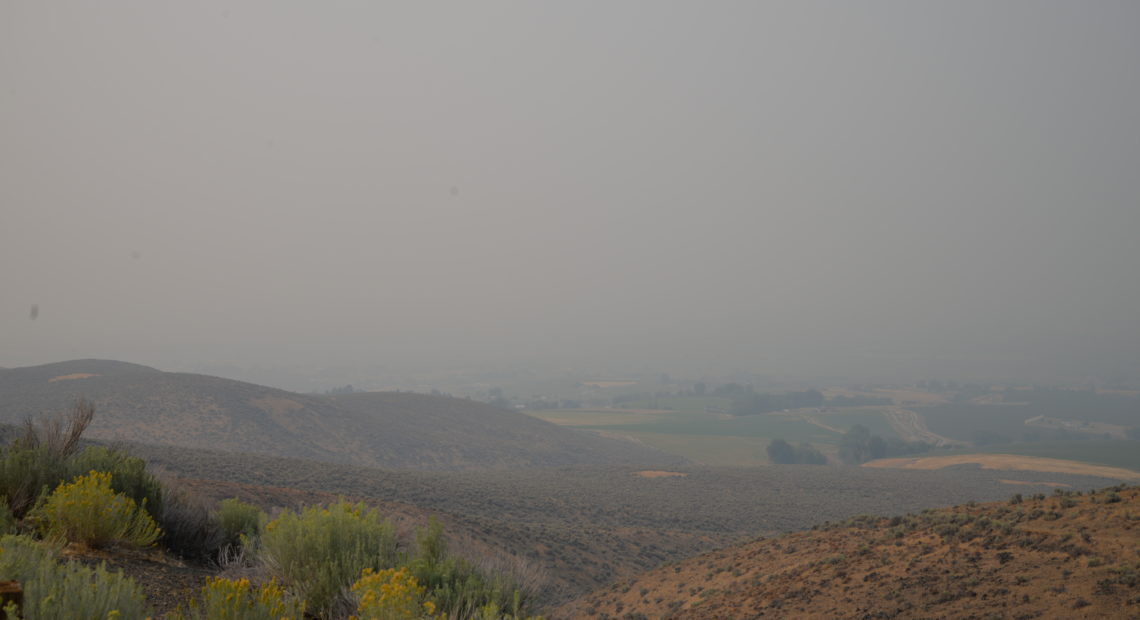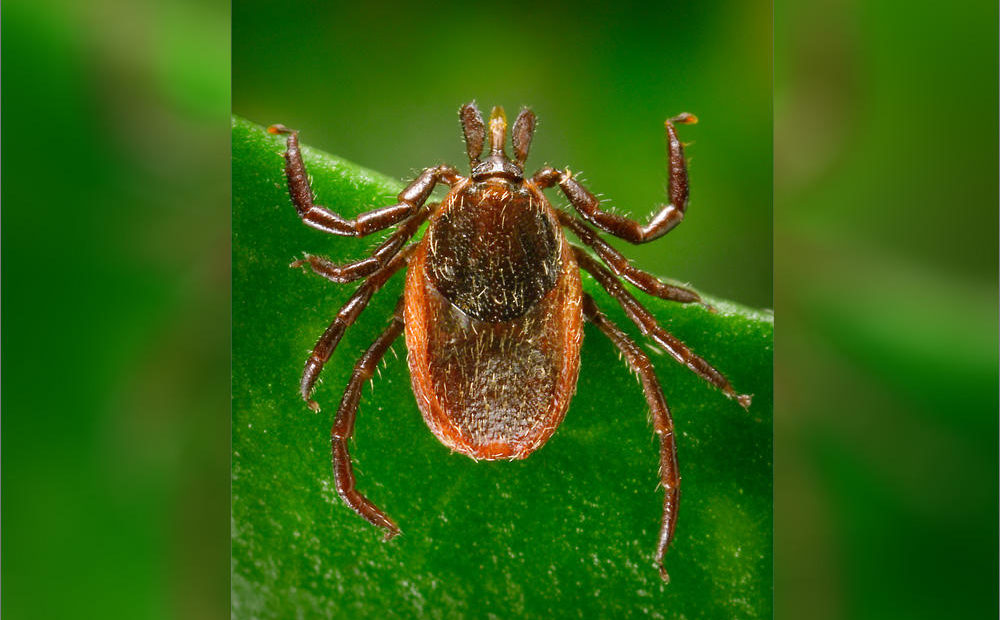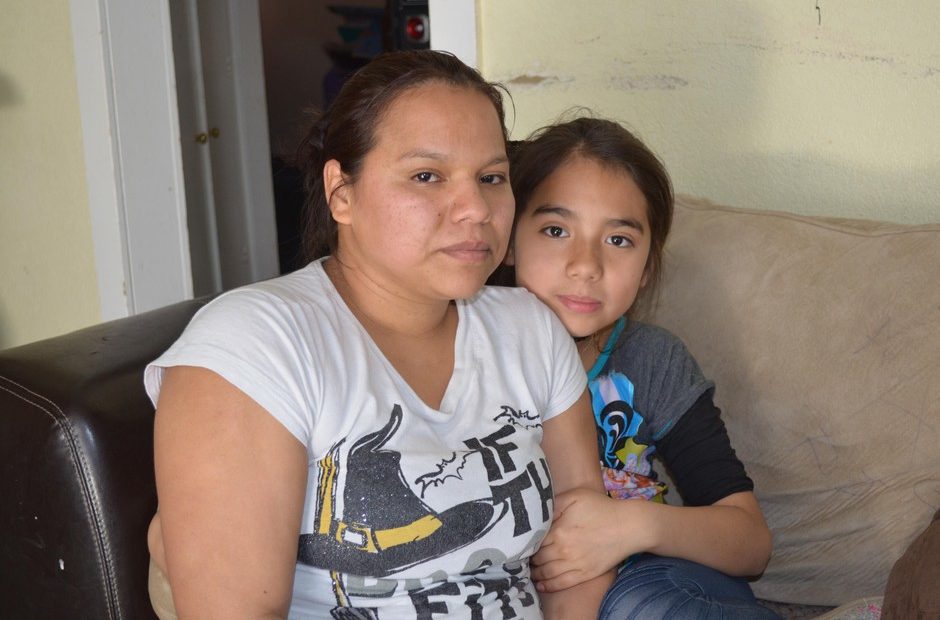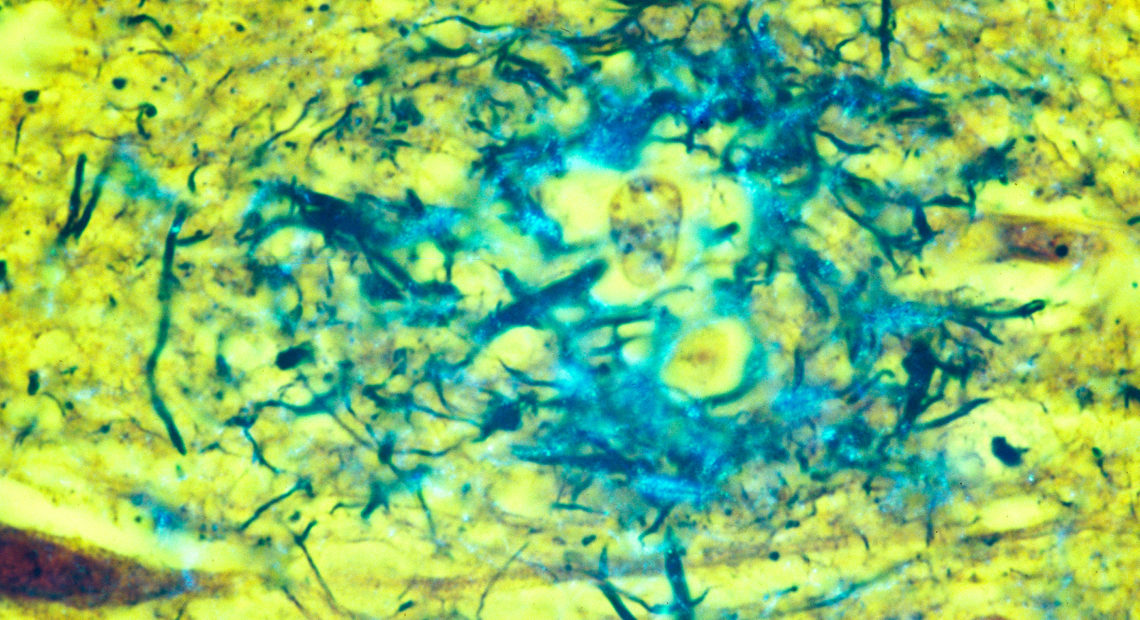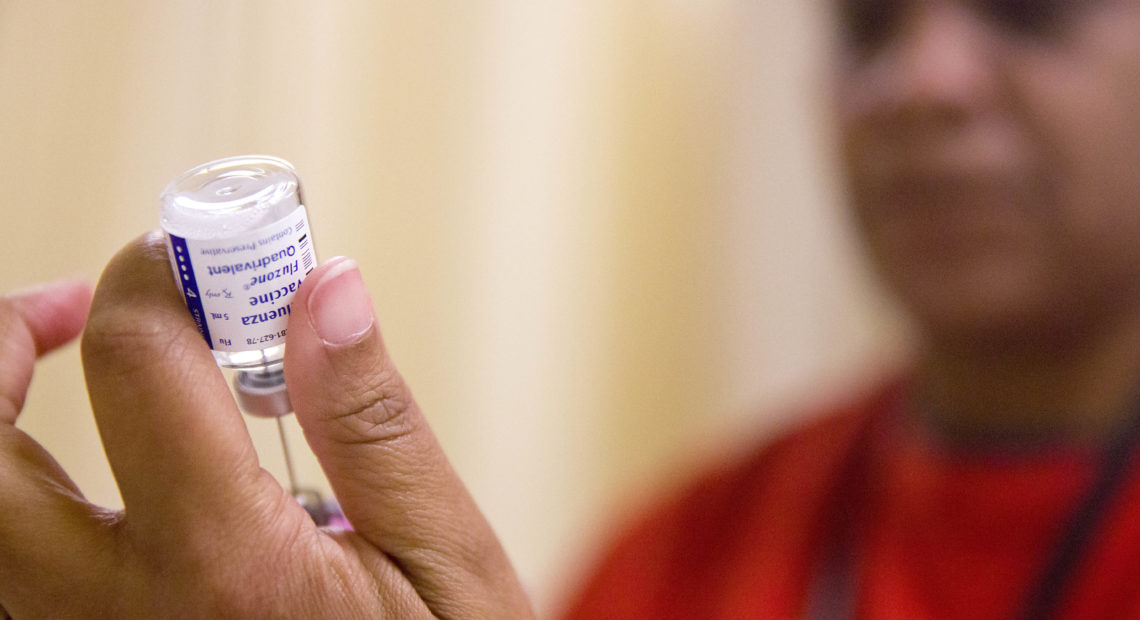As many as 50 million Americans annually suffer from food poisoning after eating something that wasn’t handled or cooked properly. Among those, about 130,000 people are hospitalized, and 3,000 people die from foodborne illnesses. Though the problem may seem unpredictable, it’s entirely preventable. Read More
Homelessness is often considered an urban phenomenon. But those who work on homeless issues say rural homelessness is a growing problem, too. That's true across the state and across the country. The Robert Wood Johnson Foundation, NPR, and the Harvard T.H. Chan School of Public Health reported in May that one in three rural Americans say homelessness is a problem in their Read More
Health inequities are getting worse, according to new research. Factors like income, race and gender are playing a larger role in health outcomes than they did 25 years ago. Read More
"Dogs will get into anything and everything," says veterinarian Dorrie Black, of the veterinary clinic Animal Internal Medicine and Specialty Services. Thirty-three states and the District of Columbia now have legalized pot in some form. Read More
Various kinds of ticks have been shown to carry at least 16 diseases in the U.S alone that can infect humans, according to the Centers for Disease Control and Prevention. Now add one more to the global list of ills that a tick bite can bring about, according to a study in the May 30 New England Journal of Medicine.Read More
To cut down on unnecessary procedures — and health costs — Walmart is pushing its workers to get more accurate diagnoses by using diagnostic imaging centers known for high quality, not low price.Read More
If there's a disease outbreak in Washington state, health officials want to be prepared. This week, the state's Department of Health is hosting a statewide drill to practice sending out medicine as quickly as possible. The simulation: the plague has spread across Washington.Read More
Coping with the financial fallout of cancer is exhausting — and nerve-wracking. But the worst part, one patient says, is that it's unexpected. Cancer patients are 2.65 times more likely to file for bankruptcy than those without cancer, and bankruptcy puts them at a higher risk for early death, according to research.Read More
Giving medication — and getting the dose right — can be more challenging than you might think. A recent industry-sponsored survey suggests most parents aren't as vigilant as they need to be when it comes to measuring.Read More
Ethan Lindenberger is 18 years old, but had never received vaccines for diseases like hepatitis, polio, measles, mumps, rubella, or the chickenpox. Lindenberger's mother, Jill Wheeler, is anti-vaccine. He said she has been influenced by online misinformation, such as a debunked study that claimed certain vaccines were linked with autism, or a theory that vaccines cause Read More
Amid a measles outbreak that has sickened more than 50 people in the Pacific Northwest, Washington lawmakers heard testimony Friday on a bill that would remove parents’ ability to claim a personal or philosophical exemption to opt their school-age children out of the combined measles, mumps and rubella vaccine.Read More
As the number of cases and geographic reach expands in Southwest Washington’s measles crisis, state lawmakers are looking to revisit who can opt out of vaccinations.Read More
The consumer-advocacy organization Consumer Reports tested 45 fruit juices, including apple, grape and juice blends, and found that 21 of them had "concerning levels" of cadmium, arsenic and/or lead, according to a new report. Juice samples came from 24 national and private-label brands.Read More
The maker of controversial e-cigarettes spent $750,000 on lobbying during the last three months of 2018, a dramatic increase over $210,000 it spent in the second quarter of the year.Read More
For the first time in U.S. history, a leading cause of deaths — vehicle crashes — has been surpassed in likelihood by opioid overdoses, according to a new report on preventable deaths from the National Safety Council.Read More
The Environmental Health Disparities Map ranks neighborhoods from 1 to 10. Ten is coded in red, meaning a higher environmental risk while 1, being the lowest, is coded in blue. On that map, Yakima County is a big, red blemish. Read More
It's that time of year again. You wake up with a scratchy throat, stuffy nose, a little achy — maybe a fever. Is it a classic head cold, or do you need to be more concerned? Could it be the flu?Read More
Is jogging in the cold this winter any better than hitting a treadmill in a warm gym? How about jumping into a frigid ocean for a swim? We asked some leading physiologists to weigh in.Read More
President Trump praised the ruling by a court in Texas as supporters of the ACA said they will appeal.Read More
Many American teenagers try to put in a full day of school, homework, after-school activities, sports and college prep on too little sleep. As evidence grows that chronic sleep deprivation puts teens at risk for physical and mental health problems, there is increasing pressure on school districts around the country to consider a later start time.Read More
The Washington State Department of Health released its annual report on HIV and AIDS this week, pegged to the Dec. 1 World AIDS Day. According to the report, 14,000 people are HIV positive in Washington, on par with past years.Read More
Angeles Pulido has been a nurse for 18 years, inspired to get trained and work with HIV/AIDS patients in Yakima after reading a Time magazine article. She remembers patients like one of her first: “Deep black, deep black. To see those eyes. I’ll always remember him. He was one of the first patients I had the opportunity to be with.” Read More
Microplastics have been found in human stool samples from countries in many parts of the world, according to a small pilot study being presented this week at the 26th annual United European Gastroenterology conference in Vienna.Read More
The rate of cesarean sections around the world is increasing at an "alarming" rate, reported an international team of doctors and scientists.Read More
They claim to help you sleep, make your hair grow, speed weight loss, improve your sex life and ward off the nasty cold going around the office. Though it's often impossible to tell if dietary supplements work, consumers generally feel certain they can't hurt. But they can.Read More
Despite improved safety standards over the years, more than 230,000 children under 15 months old were treated in hospital emergency rooms for injuries related to infant walkers from 1990 through 2014.Read More
Deaths related to air pollution from wildfires could double by the end of the century, according to newly published research into the links between climate change, wildfires and human health.Read More
A Texas Children's Hospital nurse allegedly described a young patient with the measles in a Facebook post affirming her opposition to vaccines. The hospital says patient privacy is a "top priority."Read More
For the fourth year in a row, federal health officials report that there has been a sharp increase in sexually transmitted diseases in the U.S. The Centers for Disease Control and Prevention tallied nearly 2.3 million cases of chlamydia, gonorrhea and syphilis in 2017 — an increase of 200,000 cases over the previous year, and a record high.Read More
While the study's authors acknowledge moderate drinking may protect some people against heart disease, these potential benefits do not outweigh the risks of cancer and other diseases.Read More
In a new study, researchers found that doctors are better at explaining the benefits of a common cancer screening that its potential downsides. But overtesting comes with risks and costs of its own. Read More
You’ve probably seen and felt it this week: a blanket of grey haze over large parts of the region. Smoke from wildfires in Washington, Oregon, British Columbia and California has led to poor air quality, causing health experts to caution: minimize your exposure. So how do people who work outdoors fare? Read More
Our region’s booming growth is also part of the problem. More overuse of fertilizers, pet waste, leaky septic tanks, people feeding ducks and geese — all give cyanobacteria the nutrients it needs to grow.Read More
Diseases like cancer involve changes that occur inside a cell — and usually out of sight. A new technology can reveal a cell's inner workings, using inexpensive graphics processors from video games.Read More
As tick season reaches its peak in the Northwest, a new report from the Centers for Disease Control says diseases spread by tiny creatures like mosquitoes and ticks have tripled in the U.S. over the last 14 years.Read More
Most people think of asthma as a city kid problem — but it turns out rural kids are just as likely to have asthma. And the children of the people who grow our food are especially vulnerable. Researchers at the University of Washington and the Yakima Valley Farm Workers’ Clinic are working on a new approach to solving the problem.Read More
Research scientists say they want to define Alzheimer's by the biological changes it causes in the brain, rather than by symptoms like memory loss.Read More
The Institute for Protein Design at the University of Washington School of Medicine has been awarded $11.3 million to work on a universal flu vaccine.Read More
Scientists have long been fascinated with whether dramatically restricting the amount of food we eat can help us live longer. New research suggests it might, but the question: Is it worth it?Read More
Norovirus is that awful ailment that can make you barf and suffer from diarrhea. A new study tries to figure out the best way to stop it.Read More
Tech evangelists say consumer electronics that sense, stream and interpret vital signs will lead to better health and lower costs. But skeptics say reliability and privacy issues still loom.Read More
The childhood obesity epidemic rages on in the United States, with a big surge among the youngest kids, according to the latest government data.Read More
It’s 8 a.m. on a rainy, windy Saturday morning, and John Hoac and Brandon Teeny just got to school — Cleveland High in south Seattle. They’re here to measure air and noise pollution on campus.Read More
The Washington House Environment Committee hosted public hearings Tuesday on two bills that would restrict a class of chemicals found in everything from firefighting retardant to food wrappers.Read More
A new study estimates smoke from wildfires contributes to 25,000 deaths per year around the world. CREDIT: INCIWEB Listen The wildfires that burned through the Northwest this past summer […]Read More


